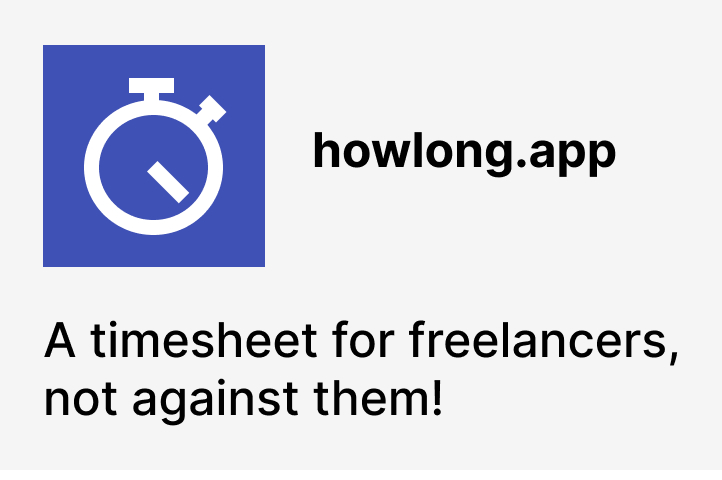FB versus RSS
Open web feed standards such as RSS are declining in popularity in favor of centralised social media sites like Facebook, which are no longer just a source of entertainment, but also major content publishing platforms. I strongly believe that their centralised architecture and advertising-based business model are an increasing concern for independent creators and free speech in general.
Due to the fact that what generates profit for all popular social networks is manipulation of public opinion, from adverts to political campaigns, they are built to provide addictive rather than user-friendly experience, in the same way as tobacco products are not user-friendly diet supplements. They successfully created an illusion of freedom to follow whoever you want, while the reality is that their feeds are carefully curated and users' subscriptions are nothing for them but loose hints upon how to achieve their marketing goals. Some users may not be aware that their friends' personal data, including names and pictures, is used to generate personalised adverts which are hard to distinguish from content that actually comes from them. The high effectiveness of advertising through spreading untrue stories about people's friends is certainly a desirable marketing result, but there is no doubt in my mind that such measures are immoral.
The monopolistic nature of centralised social networks also has a detrimental effect on publishers, for whom the cost of reaching their subscribers is an arbitrary price set by that one company that is entitled to control content distribution on their website. Because this website is a walled garden, the only way to reach people gathered there is through agreeing to the owners' conditions. There is no way how Facebook users could see post published on MySpace on their Facebook walls. Not only this, the form of the content being published is strictly limited to what a particular platform can support.
Those looking for a convenient way to keep track of content from multiple sources may use one of the well established open web feed standards such as RSS and its countless clients. All what content consumers need to do in order to get started with it is to set up a news aggregator and because the standard is open, there is a great variety of implementations to pick from: open source, proprietary, for mobile devices, for desktop computers and even web based. Even thought at the first glance a news feed in a news aggregator may look similar to a social network feed, the mechanics under the hood differ significantly, as there is no centralised entity to decide who should see what and when. Instead of that, users pull the feeds directly from the creators. There is no way how a third party company could intervene in this process and stop the feed unless the creator pays them.
The open nature of RSS makes it the most viable solution for creators who want to be sure that what they publish reaches their subscribers, because they are the ones in control of the feed. What is more, the cost of running an RSS feed is not an artificially set price, but simply the cost of various software and hardware solutions involved in the process which can be provided by one or more independent companies operating in a competitive environment. The fact of the matter is that plenty of the popular blogging and content management systems do already support generating RSS feeds.
To sum up, I am of the opinion that centralised social media feeds turned out to be a dead end for creative individuals and that it is only through open standards and decentralisation that we can provide a healthy environment for valuable content to rise.

